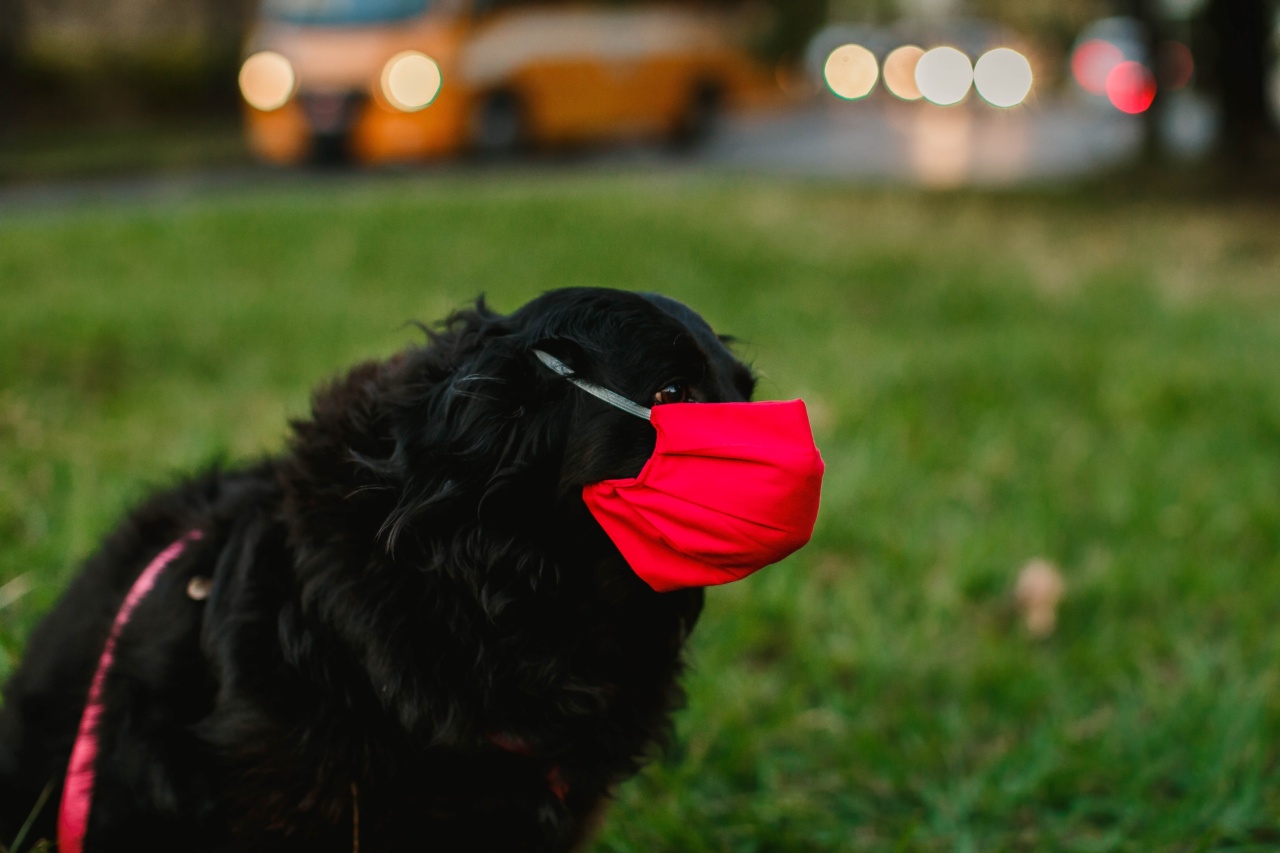As pet owners, we want to keep our furry friends happy, healthy, and free from harm. One way to ensure their well-being is to prevent pests from infiltrating our homes and affecting our pets.
In this article, we’ll discuss some strategies for keeping pests at bay and protecting our pets from harm.
Seal Cracks and Holes
Pests can easily make their way into your home through small openings, such as cracks in the walls or holes in the floorboards. That’s why it’s important to seal any entry points.
Make sure to inspect your home frequently and look for any potential access points. Seal up any gaps or holes with caulk or steel wool to keep the pests out. If you’re unsure whether a gap or crack is significant, consider hiring a professional pest control service to assess your home.
Keep Food Sealed and Clean
Pests are attracted to food, and that includes pet food. Keep your pet’s food in a sealed container to prevent pests from having access to it. Also, don’t leave pet food out overnight as it will attract pests.
Keep food areas clean, wiping up crumbs and food spills promptly. It’s also important to take out the garbage frequently to prevent odors from building up and attracting pests.
Regularly Clean Your Home
Cleanliness is key when it comes to pest control. Vacuum your home frequently to pick up any pet hair or small debris that can attract pests. Also, wash pets’ bedding and blankets regularly to prevent pests from making a home there.
Regularly clean carpets, rugs, and upholstery to remove any potential food sources for pests.
Regularly Groom Your Pets
Regular grooming is essential for keeping pets healthy, but it also helps with pest prevention. Regular nail trimming and bathing can help keep pests at bay. Additionally, regular flea and tick treatments can help keep pests off of your pets.
Medicines like flea collars or oral medications can be effective, but it’s important to discuss this with your veterinarian to ensure you’re using a safe and effective product.
Keep Your Yard Tidy
A well-manicured lawn not only looks great, but it can also help keep pests away. Keep your grass trimmed short and get rid of any standing water. These measures can help prevent pests from breeding near your home.
Additionally, removing any dead or dying branches from bushes and trees can help eliminate a potential home for pests.
Use Natural Repellents
There are a number of natural pest repellents that can help protect your pets from pests. Citronella oil, for example, is a natural mosquito repellent. Planting herbs like lavender, mint, and lemongrass can also help repel pests.
Certain foods, like garlic and onions, can also help repel pests, although it’s important to discuss this with your veterinarian before incorporating these foods into your pets’ diets.
Store Firewood Away from Your Home
If you use firewood to heat your home during the colder months, be sure to store it away from your home. Termites and other pests can easily make their way from the woodpile into your home, so it’s important to keep it at a safe distance.
Additionally, don’t bring firewood inside your home unless you’re ready to burn it immediately.
Invest in Professional Pest Control
While there are many things you can do on your own to help prevent pests, sometimes it’s best to call in the experts. A professional pest control service can help identify potential entry points for pests and offer solutions for keeping them at bay.
They can also use safe and effective solutions to eliminate any pests that have already infiltrated your home.
Conclusion
Preventing pests from entering your home is key to protecting your pets’ health and well-being. By following these tips and strategies, you can help keep your home free from unwanted guests and protect your beloved pets.
Remember, if you’re ever unsure about what to do when it comes to pest control, consult with your veterinarian or a professional pest control service.




























